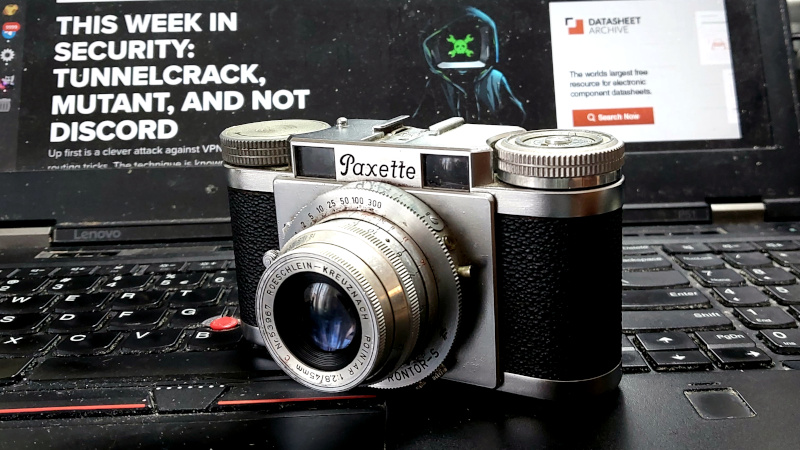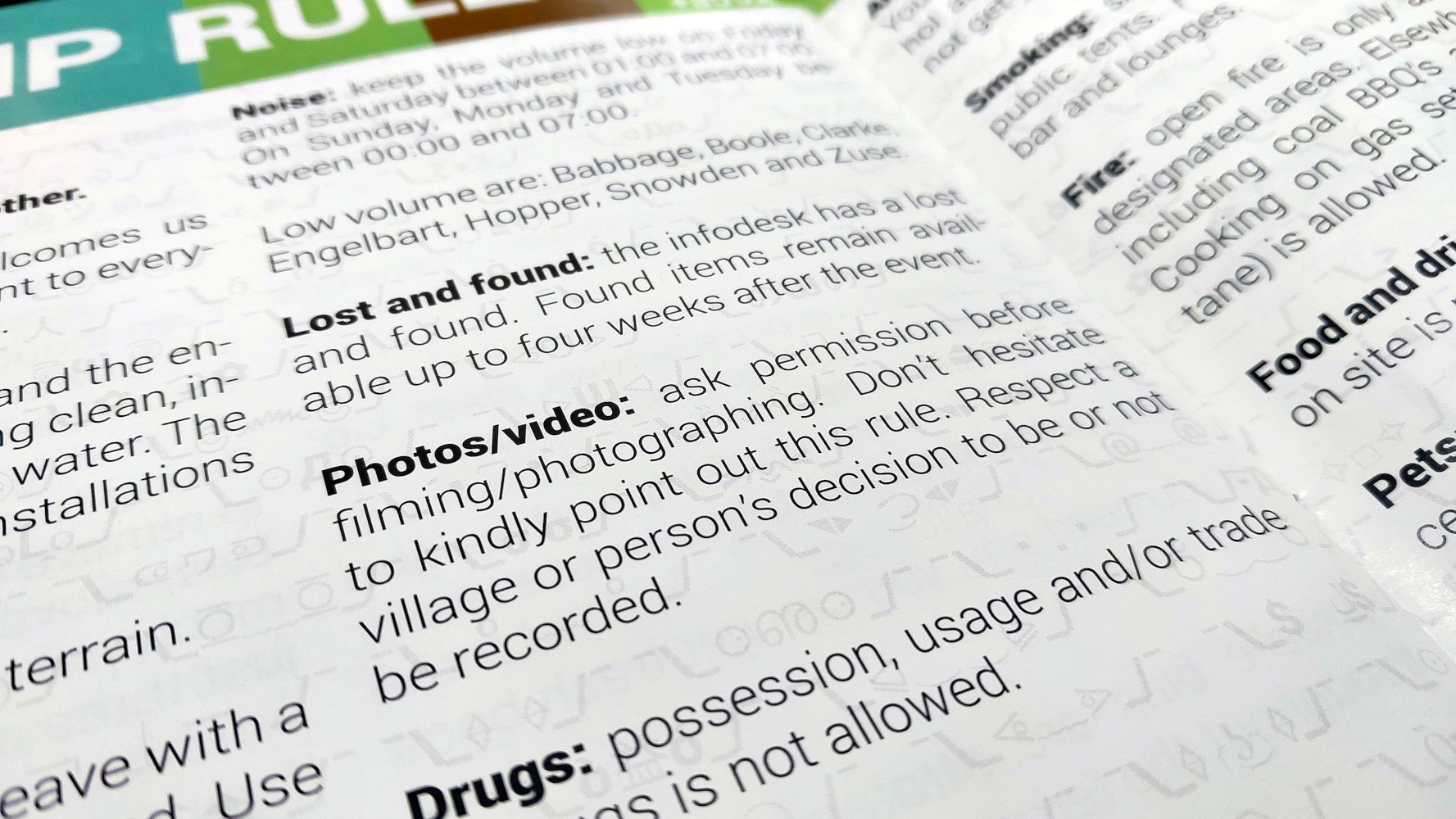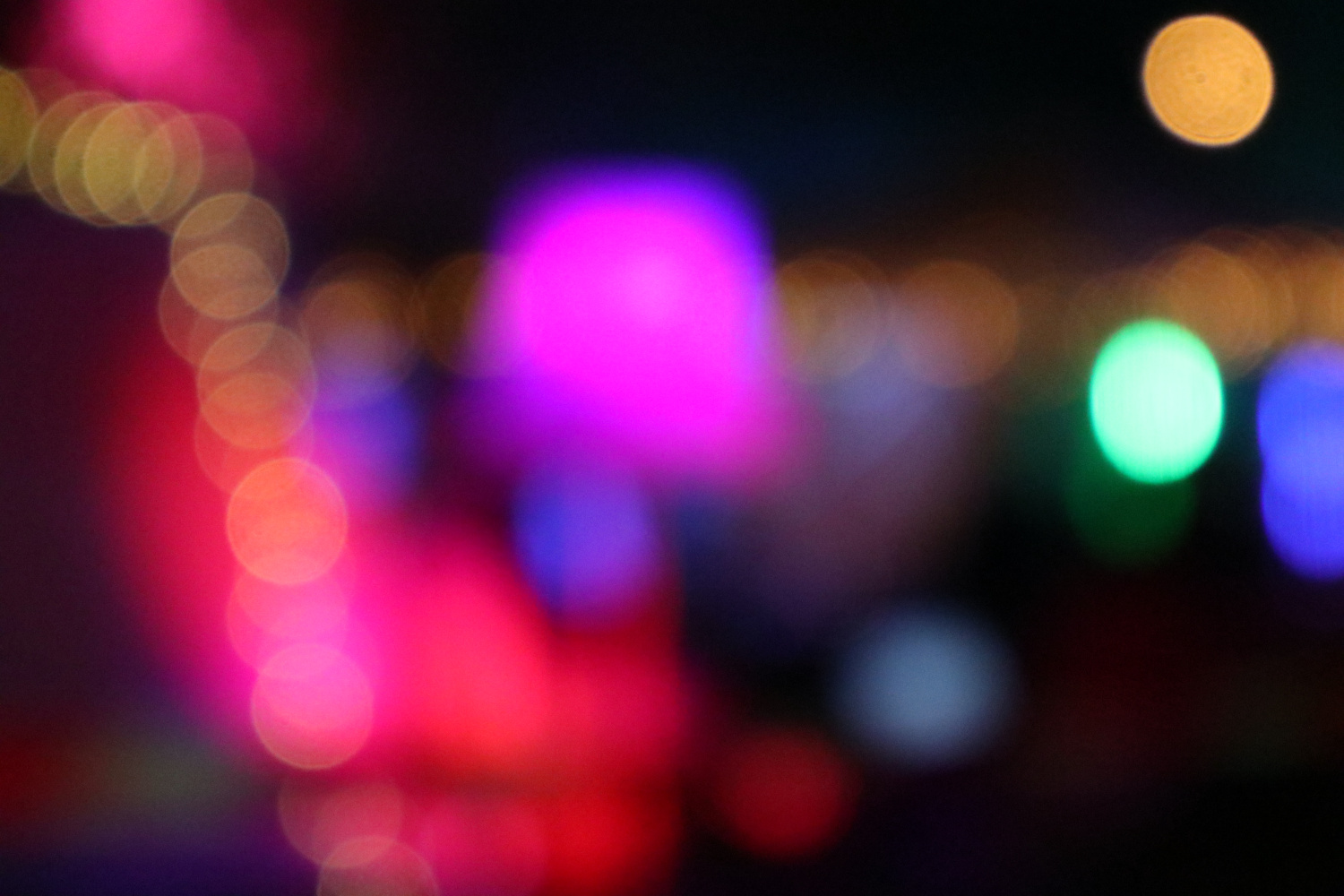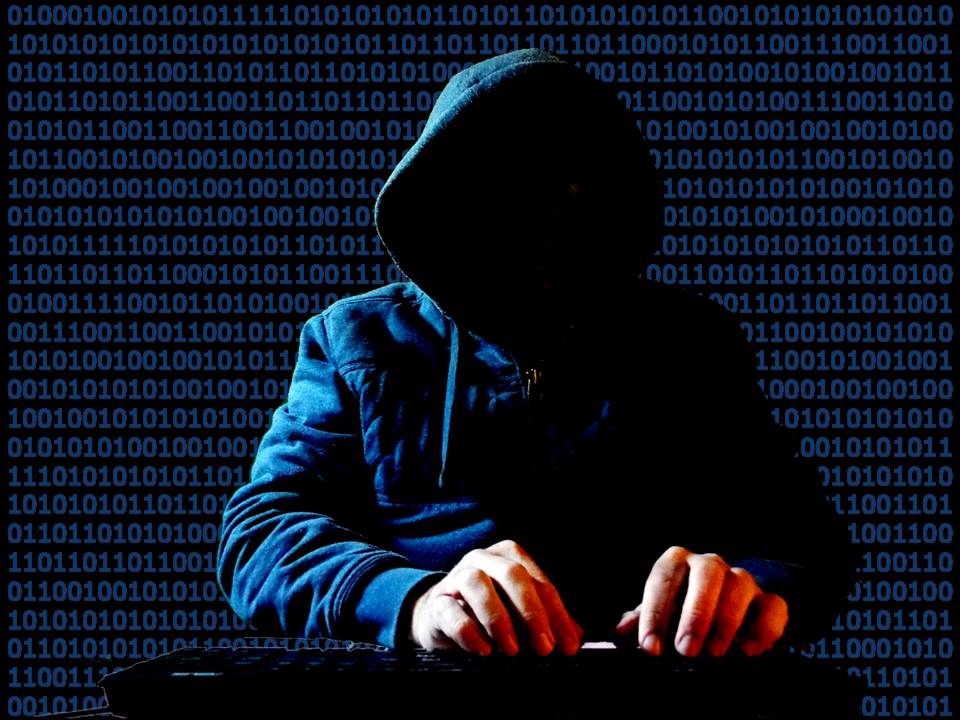Privacy And Photography, We Need To Talk [Hackaday]

One of the fun aspects of our global community is that there are plenty of events at which we can meet up, hang out, and do cool stuff together. They may be in a Las Vegas convention center, a slightly muddy field in England, or a bar in Berlin, but those of us with a consuming interest in technology and making things have a habit of finding each other. Our events all have their own cultures which make each one slightly different from others.
The German events, for example, seem very political to my eyes — with earnest blue-haired young women seeking to make their mark as activists, while the British ones are a little more laid-back and full of middle-aged engineers seeking the bar. There are some cultural things which go beyond the superficial though and extend into the way the events are run, and it’s one of these which I think it’s time we had a chat about.
Our Community Takes Privacy Seriously

The hacker community differs from the general public in many ways, one of which is that we tend to have a much greater understanding of privacy in the online age. The Average Joe will happily sign up to the latest social media craze without a care in the world, while we quickly identify it as a huge data slurp in which the end user is the product rather than the customer.
The work of privacy activists in our community in spotting privacy overreaches may pass unnoticed by outsiders, but over the years it’s scored some big wins that benefit everyone. Part of this interest in privacy appears at our events; it’s very much not done to take a photograph of someone at a hacker event without their consent. This will usually be clearly stated in the code of conduct, and thus if taking a picture featuring someone it’s imperative to make damn sure they’re OK with it.
As a Hackaday journalist, I carry a camera with me. Sometimes more than one: digital, 35 mm, and more recently a hare-brained foray into Super 8. I take a lot of photos at events, because I try to capture the things I think you the readers would like to see. My main interest lies in the hacks, with a lesser one in eye-catching lighting or other spectacles. I always ask permission if a picture might have an identifiable person in it, and sometimes people will say no and either I don’t take the pic, or they obligingly move out of shot while I do. It’s the way this works at our events.
When Privacy Turns To Abuse, That’s Bad

Over quite a few years now I have taken some abuse at our community’s events, for taking photographs of inanimate objects such as light shows, for asking nicely if I can photograph a scene, or sometimes simply for having a camera in the first place. That’s not cool, it’s well out of order, and I think It’s time we had a chat about it. What’s acceptable behaviour and what isn’t for both photographer and random hacker, and then perhaps to dig a little deeper and take a look at why it matters in the first place.
There are many reasons why somebody might not wish to be photographed at a hacker event, I am guessing that there might be people who wouldn’t wish their employers to know what they do in their spare time just to note one example. There are also people who like being somewhere in which constant surveillance isn’t a thing, and there are probably even a few tinfoil-hat-wearers who believe that The Man sends agents with cameras to document their daily lives. Into this come journalists, and knowing first-hand just how badly large-circulation media can malign a group, I can see exactly why the camps themselves want to restrict photography. Here at Hackaday we get some trust at events because of who we are, but when representing Hackaday behind a camera we’re all acutely aware that such a reputation is hard-won but easily lost.
If Your Idea Of Being A Hacker Is This, Stop.

Over the years though I’ve slowly come to the conclusion that there’s another slice of people, and by my observation they also seem to conceal among them the most zealous denouncers of on-site photography. Those are the people who wish to be part of the in-crowd so much that take on board any aspects they find of what they perceive as hacker culture. A decade or two ago one might have seen them using excessive 1337 h4xxx0r-speak in their writing. These are the kind of people who will deride someone for not being a “real” hacker if their field is hardware not infosec, and I have to ask myself whether there is more of the performative than the legitimate in their reactions to anyone with a camera.
The bottom line is this: Our events have a photography restriction for a reason. It’s fantastic to spend a little bit of time outside of the panopticon, and we are also protective of our image as a community in the face of news outlets with the wrong agenda. This is why it’s important that photographers ask before taking pictures of people, and this is, as they say on Mandalor, the Way. So if you’re a camp attendee you have the power not to be photographed without consent, but as always along with power comes responsibility not to abuse it. After all, the whole field of privacy activism is about curbing the abuse of power.

![privacy-and-photography,-we-need-to-talk-[hackaday]](https://i0.wp.com/upmytech.com/wp-content/uploads/2023/08/139400-privacy-and-photography-we-need-to-talk-hackaday.jpg?resize=800%2C445&ssl=1)